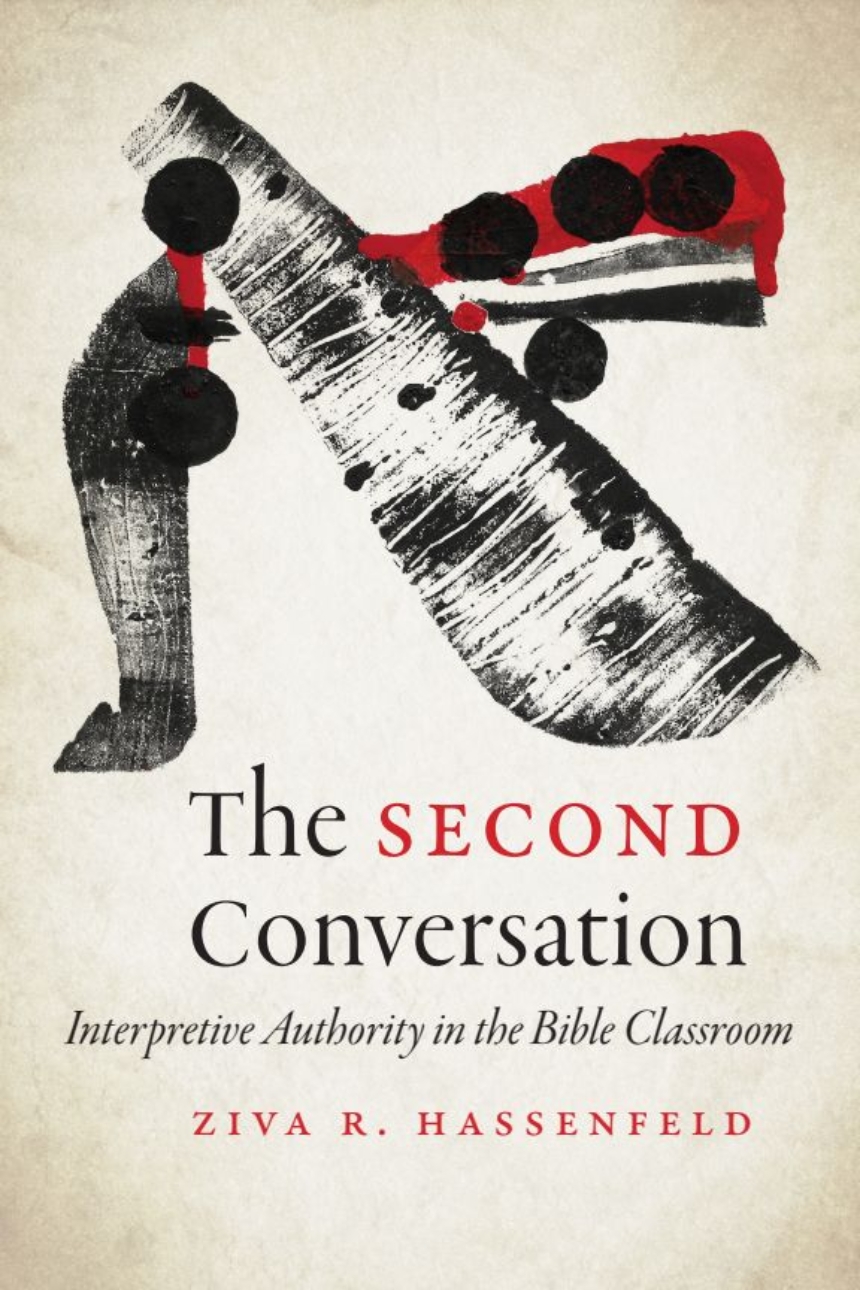9781684581894
9781684581887
9781684581900
Distributed for Brandeis University Press
The Second Conversation
Interpretive Authority in the Bible Classroom
A teacher reflects on her teaching practice, bringing literacy scholarship into the arena of Jewish education.
In The Second Conversation, university professor Ziva R. Hassenfeld returns to the middle school classroom to study her own seventh grade Bible class. The book explores dilemmas of practice she encountered around interpretive authority in the classroom. She analyzes the questions that came up in her teaching within the context of the most influential religious education scholarship, literacy scholarship, sociocultural theory and literary theory. She highlights the importance of two conversations about interpretive rules within the classroom, the first about the text’s meaning, and the second about competing conventions for determining its meaning. Instructors of any type of literature will benefit from Hassenfeld’s study, which offers rich ideas about when and how teachers enforce a classroom’s way of reading or follow a student’s line of inquiry toward more flexible interpretation.
In The Second Conversation, university professor Ziva R. Hassenfeld returns to the middle school classroom to study her own seventh grade Bible class. The book explores dilemmas of practice she encountered around interpretive authority in the classroom. She analyzes the questions that came up in her teaching within the context of the most influential religious education scholarship, literacy scholarship, sociocultural theory and literary theory. She highlights the importance of two conversations about interpretive rules within the classroom, the first about the text’s meaning, and the second about competing conventions for determining its meaning. Instructors of any type of literature will benefit from Hassenfeld’s study, which offers rich ideas about when and how teachers enforce a classroom’s way of reading or follow a student’s line of inquiry toward more flexible interpretation.
166 pages | 1 figure | 6 x 9 | © 2024
Mandel-Brandeis Series in Jewish Education
Education: Comparative Education, Curriculum and Methodology, Philosophy of Education
Reviews
Table of Contents
Introduction
Chapter 1: My Hebrew Bible Classroom: The School, the Students, the Subject Matter, the Teacher, and the Research Agenda
Chapter 2: Creating a Classroom of Interpreters
Chapter 3: Stepping into My Students’ Scriptural Literacy Practices
Chapter 4: The First Conversation: Interpretive Rules in the Classroom
Chapter 5: The Second Conversation: Discussing Interpretive Rules in The Classroom
Conclusion: The Stakes of Knowing How to Have the Second Conversation
Bibliography
Methodological Appendices
Chapter 1: My Hebrew Bible Classroom: The School, the Students, the Subject Matter, the Teacher, and the Research Agenda
Chapter 2: Creating a Classroom of Interpreters
Chapter 3: Stepping into My Students’ Scriptural Literacy Practices
Chapter 4: The First Conversation: Interpretive Rules in the Classroom
Chapter 5: The Second Conversation: Discussing Interpretive Rules in The Classroom
Conclusion: The Stakes of Knowing How to Have the Second Conversation
Bibliography
Methodological Appendices

